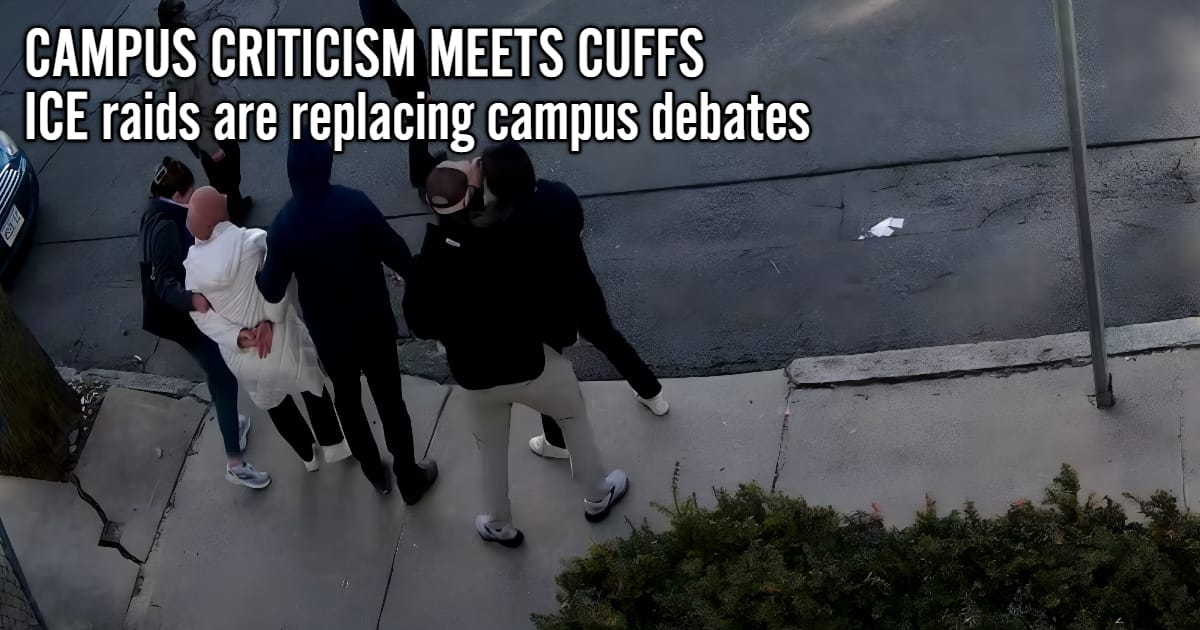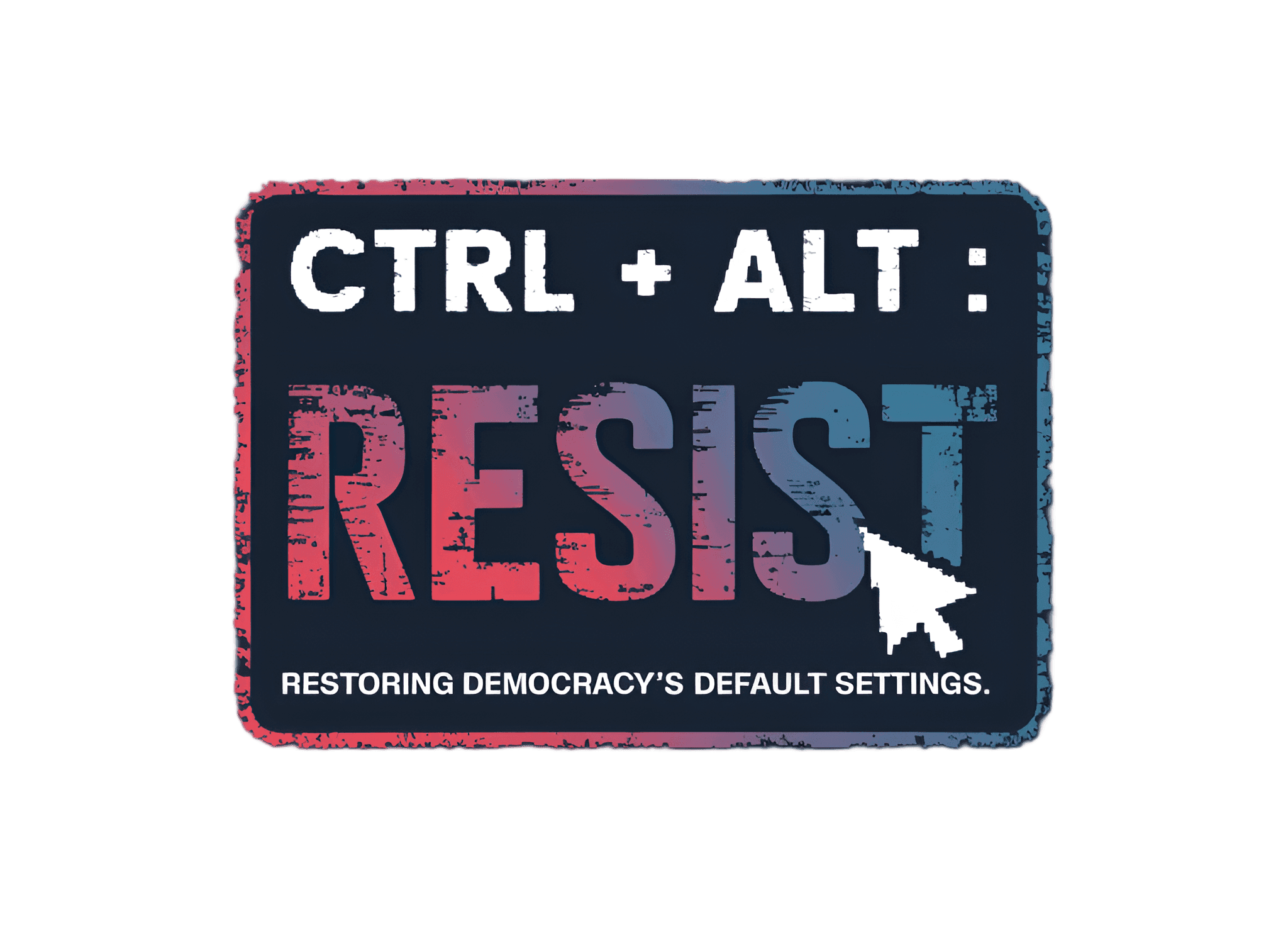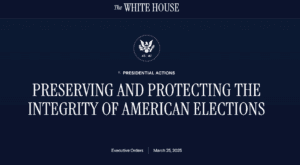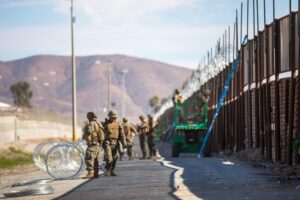
300 Student Visas Revoked: Inside the Free Speech Crackdown on Campus
Jump to:
Free Speech Crackdown Targets International Students in U.S.
The free speech crackdown targeting international students represents an alarming escalation in the use of immigration powers to silence political dissent. Recent detentions of PhD students for expressing views critical of Israel’s actions in Gaza raise profound questions about academic freedom, constitutional protections, and the future of open discourse in American universities. These developments signal a troubling willingness to circumvent traditional free speech protections by leveraging immigration enforcement against non-citizens who engage in protected political expression.
The Emerging Pattern of Detentions
In March 2025, masked agents from the Department of Homeland Security detained Rumeysa Ozturk, a Turkish PhD student at Tufts University, after she co-authored a campus op-ed critical of Israel’s military campaign in Gaza and the university’s investment policies. She was taken in an unmarked vehicle with no immediate explanation.
Just days later, Immigration and Customs Enforcement agents arrested Alireza Doroudi, an Iranian doctoral student at the University of Alabama, at 5 a.m. without publicized evidence of wrongdoing. His student visa was revoked on vague claims of national security threats.
They are not alone. Mahmoud Khalil, a Palestinian Columbia graduate with a green card, remains in detention facing deportation. Another student, 21-year-old permanent resident Yunseo Chung, narrowly avoided detention after a federal judge intervened.
Secretary of State Marco Rubio confirmed that roughly 300 student visas had been revoked under similar circumstances. He remarked, “At some point, I hope we run out because we’ve gotten rid of all of them.” The common denominator among these individuals: criticism of Israeli policy or participation in campus protests.
The Legal Mechanics of Suppression
The Trump administration is invoking a rarely cited provision from the 1952 Immigration and Nationality Act that permits visa revocation for individuals deemed national security threats. In practice, this provision has become a blunt instrument for punishing dissent.
Once a visa is revoked, the individual becomes deportable, triggering detention without the procedural protections afforded in a criminal case. Rubio defended this approach by saying, “We revoked her visa… we don’t want it in our country.”
Ozturk was accused by DHS of “engaging in support for Hamas,” despite no mention of Hamas in her op-ed and no evidence to support the charge. The lack of transparency and evidentiary standards creates an environment ripe for political targeting.
The Constitutional Questions
The crackdown raises urgent constitutional issues. While non-citizens inside the U.S. are generally protected under the First Amendment, this policy attempts to carve out exceptions based on immigration status.
Key legal questions include:
- To what extent do non-citizens enjoy free speech protections?
- What process is due before a visa can be revoked based on speech?
- How much evidence is needed to prove someone poses a threat?
- What limits, if any, exist on executive authority in these cases?
These cases may set precedent for future interpretations of constitutional rights for non-citizens. Under Brandenburg v. Ohio, even speech that advocates violence is protected unless it incites imminent lawless action. None of the student statements rise to that threshold.
The Impact on Academic Freedom
Universities have long been sanctuaries for free inquiry, but the threat of deportation for political speech undermines that foundation. Over one million international students are enrolled in U.S. higher education, contributing to research, diversity, and economic growth.
Now, many fear voicing their views. Students avoid political debates, drop classes on controversial topics, or reconsider studying in the U.S. entirely. The threat of ICE at the door has a chilling effect that extends far beyond those detained.
Universities, too, face pressure. Federal funding has already been withheld from institutions accused of tolerating antisemitism linked to Gaza protests. Administrators walk a tightrope between defending student rights and avoiding punitive federal actions.
Multiple Perspectives on a Complex Issue
The Administration’s Argument
Rubio and others justify the crackdown as a response to antisemitism and unrest. They argue non-citizens are guests, and those who foment disorder can be lawfully removed. In their framing, student protests are not about policy—they’re a threat to safety and order.
Civil Liberties Concerns
Groups like the ACLU argue the government is weaponizing immigration law to circumvent First Amendment protections. “The First Amendment doesn’t have a citizenship requirement,” one ACLU attorney noted. “This is a slippery slope toward suppressing dissent.”
University Response
Schools have largely responded with caution. The University of Alabama acknowledged Doroudi’s detention but declined to criticize federal agents. Meanwhile, faculty groups and student governments have issued strong statements in support of the affected students and academic freedom.
The Broader Implications for Democracy
This crackdown does more than intimidate international students—it threatens core democratic principles. If political dissent can be punished via immigration policy, there’s little stopping future administrations from expanding this tactic against other disfavored groups.
It also harms the U.S.’s international reputation. America markets itself as a haven for academic freedom and intellectual diversity. Images of students being hauled away in unmarked vans undermine that message—and invite competing countries to lure scholars elsewhere.
Worse, it reshapes democratic discourse. By stigmatizing criticism of a foreign government—Israel—the administration is redrawing the boundaries of what Americans can safely debate. That has profound consequences for the health of public discourse.
Legal Challenges and Resistance
Legal advocates have responded with a flurry of lawsuits seeking to block deportations and challenge the legality of visa revocations. Courts have begun to intervene, as in the case of Ozturk, where a judge temporarily blocked removal—only for DHS to allegedly violate the order.
Scholars and civil rights groups are preparing amicus briefs, arguing these actions breach constitutional norms and international human rights standards. Meanwhile, protests have erupted nationwide, and Congressional Democrats are calling for hearings.
Yet obstacles remain. Courts often defer to the executive on immigration, especially when national security is invoked. And international students, lacking political power or legal permanence, are uniquely vulnerable to retaliation.
The Path Forward: Balancing Security and Freedom
Real solutions will require action across institutions. Universities must enforce clear policies distinguishing protected expression from harassment, while defending students’ rights to engage in political speech without fear of retaliation.
Congress should clarify limits on visa revocations tied to speech and mandate transparency in DHS enforcement. The judiciary must reaffirm that constitutional rights don’t end with citizenship.
And international students must know they have rights, legal recourse, and allies—even in this fraught environment. Free speech crackdown tactics must not become normalized as tools of political discipline.
Conclusion
The crackdown on international students marks a turning point for academic freedom and constitutional rights in the United States. Through immigration enforcement, the government has devised an end-run around the First Amendment that could reshape how dissent is punished.
As legal cases unfold and public pressure mounts, Americans must decide what kind of society they want to be: one that protects open discourse for all, or one where speech becomes a privilege tied to citizenship and political loyalty.
The fate of students like Rumeysa Ozturk and Alireza Doroudi may soon be forgotten in the news cycle. But the precedent set by their treatment—and our collective response—will echo across classrooms, courtrooms, and campuses for years to come.
What are your thoughts on this issue? Join the conversation below.



